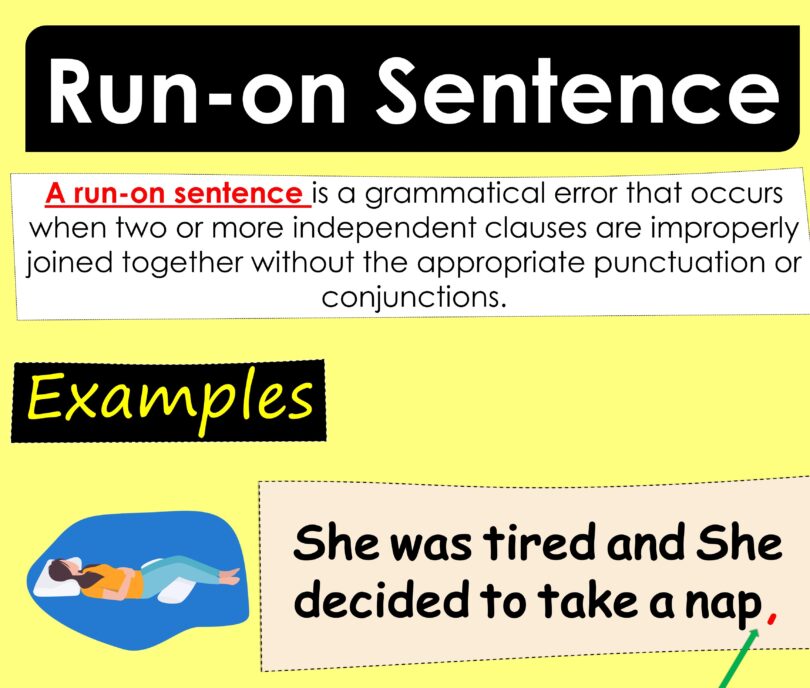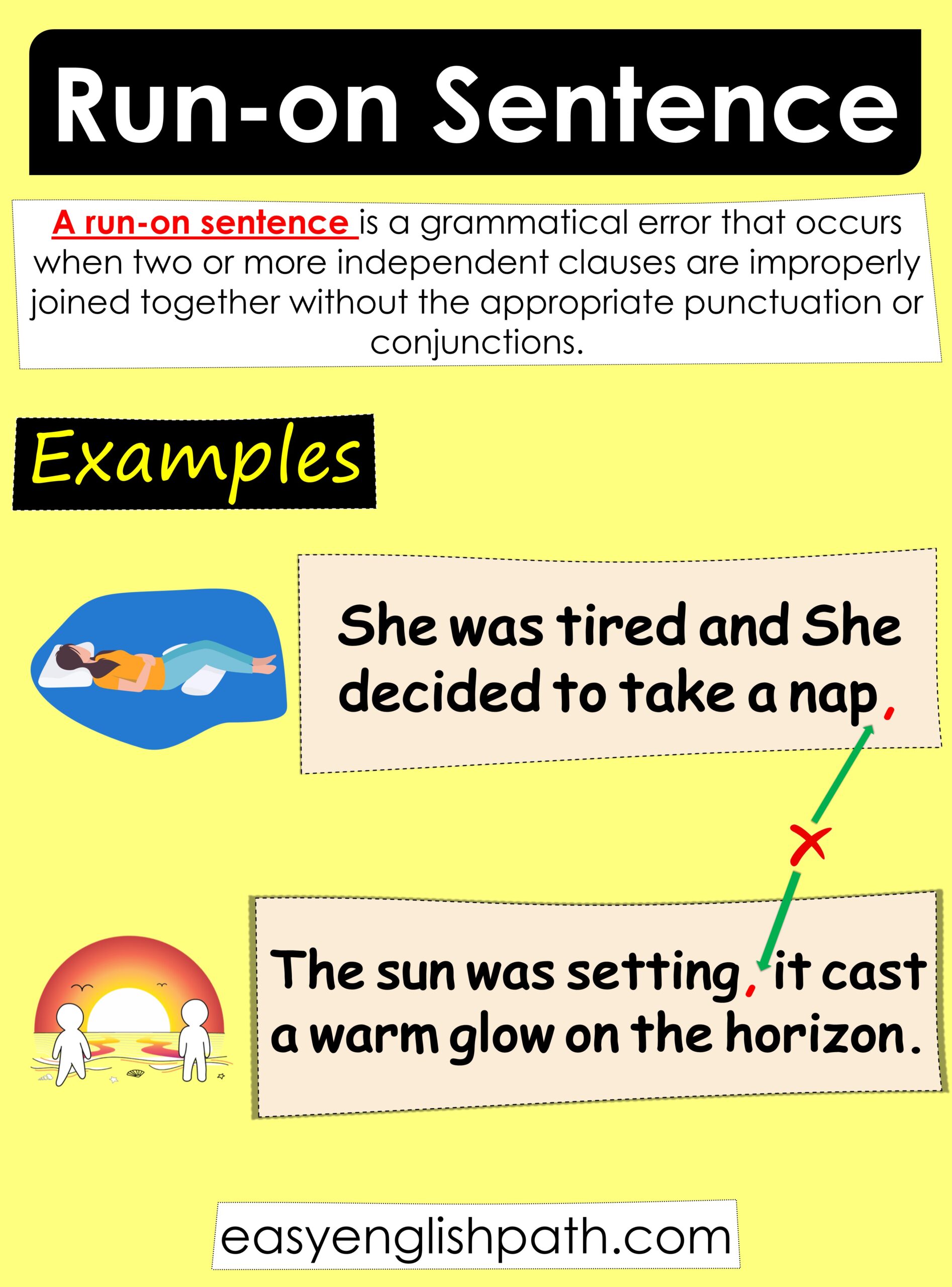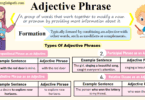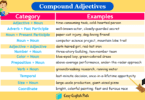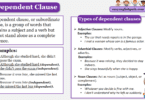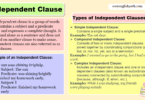What is a Run-On Sentence?
A run-on sentence happens when you combine two or more sentences without the right punctuation or connecting words.
- I wanted to go to the store I needed some groceries.
- She woke up late she missed the bus to school.
- The dog barked loudly all night it kept the neighbors awake.
Types of Run-On Sentences:
Comma Splice:
This occurs when two independent clauses are linked by a comma without a coordinating conjunction.
- The sun was setting, it cast a warm glow on the horizon.
- I wanted to go to the store, it was already closed.
- She loves to read books, she goes to the library every week.
Fused Sentence (or Run-On):
This happens when two independent clauses are joined without any punctuation or conjunction.
- The dog barked loudly it scared the mail carrier.
- I tried to call you no one answered.
- The weather was beautiful we decided to go for a hike.
How to Fix Run-On Sentence?
We need to address run-on sentences involves choosing the right method based on the specific context.
Ways to Correct Run-on Sentences:
Semicolon Usage:
We will use a semicolon to connect closely related independent clauses.
- I tried to call you; no one answered.
- The weather was beautiful; we decided to go for a hike.
- The snow was falling steadily; the streets were becoming covered in a blanket of white.
Coordinating Conjunctions:
We need to Introduce a coordinating conjunction (and, but, or, nor, for, so, yet) with a comma to connect independent clauses.
- She loves hiking, but she’s never been camping.
- She finished her homework, and she went out to play.
- He loves cooking, but he doesn’t like cleaning up afterward.
Creating Separate Sentences:
Sometimes, the most simple solution is to break a run-on sentence into two noticeable sentences.
- The meeting lasted for hours. Everyone was exhausted.
- She finished her homework. She went out to play.
- He loves cooking. He doesn’t like cleaning up afterward.
Employing a Subordinate Conjunction:
We will use a subordinate conjunction (although, because, since, if) to change one of the clauses into a dependent clause.
- Although it was raining, the event continued as planned.
- After she finished her homework, she went out to play.
- Although he loves cooking, he doesn’t like cleaning up afterward.
What Makes a Sentence Fragment?
A fragment sentence is a group of words that doesn’t express a complete thought. It’s missing something important, like who’s doing the action or what’s happening. So, it doesn’t make complete sense all by itself.
- After dinner, when the sun set.
- Running through the park, with her dog chasing.
- By the river, on a warm summer day.
Types of Sentence Fragment
Missing Subject: Walking in the park on a sunny day.
Correction: People were walking in the park on a sunny day.
Missing Verb: Although tired and hungry.
Correction: Although tired and hungry, we decided to continue our hike.
Dependent Clause as a Sentence: Because it was raining.
Correction: We decided to stay indoors because it was raining.
Incomplete Thought: The old house with a lovely garden. Abandoned for years.
Correction: The old house with a lovely garden had been abandoned for years.
Appositive without Main Clause: My best friend from childhood. A talented artist.
Correction: My best friend from childhood, who is a talented artist, visited last weekend.
Correcting Sentence Fragments:
It is required to add missing subject, verb, to correct sentence fragments and to give a complete the Thought. There are different strategies that can be used to ensure clarity and grammatical correctness:
Adding Missing Elements:
We need to identify what is missing (subject, verb, or both) and add the necessary elements.
- While walking in the park on a sunny day, I saw a beautiful rainbow.
- After the storm had passed, we emerged from the shelter to assess the damage.
Connecting Fragments:
We should join sentence fragments with main clauses to create complete sentences.
- I went to the store but forgot my wallet.
- I finished my work early and celebrated with friends.
Using Independent Clauses:
We need to ensure that each sentence contains at least one independent clause that can stand alone.
- I finished my work early.
- I was waiting for the bus.
Checking for Dependent Clauses:
We need to verify that dependent clauses are appropriately attached to independent clauses to form complete thoughts.
- After she finished her work, she went home.
- Because it was raining, we decided to stay indoors.
You May also Like

